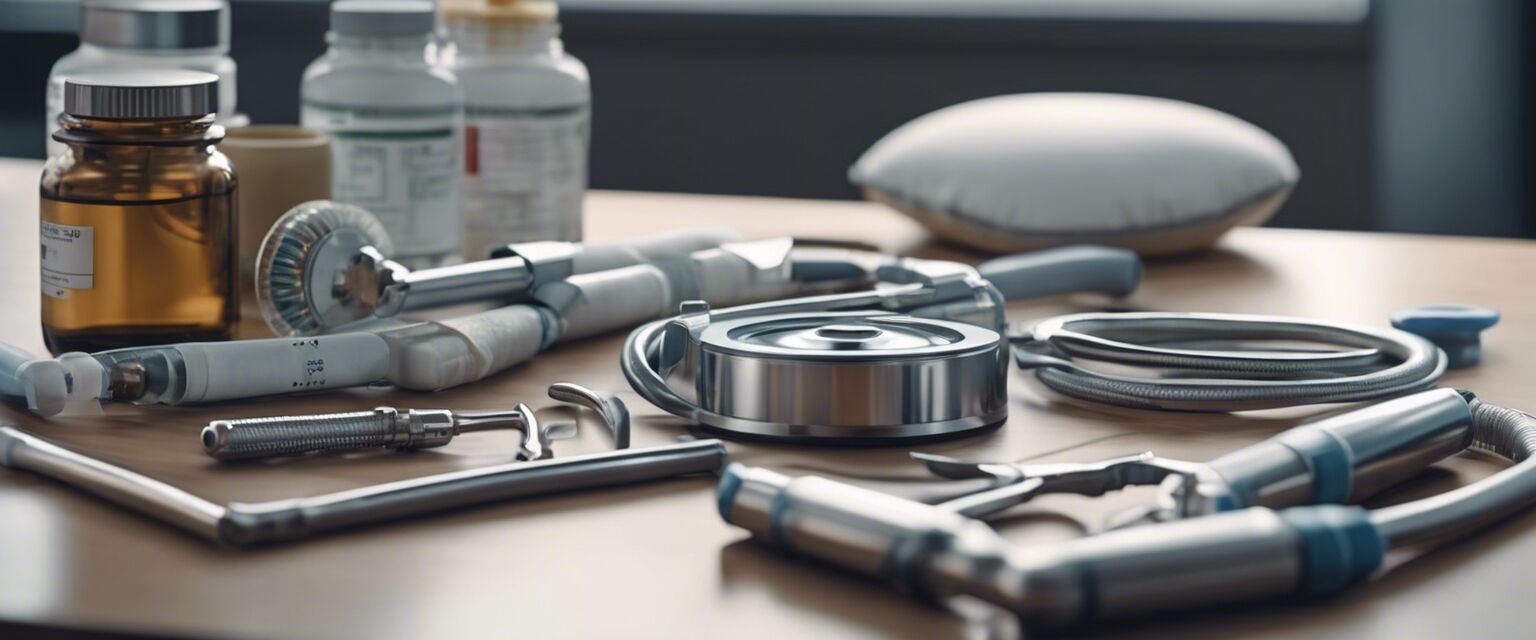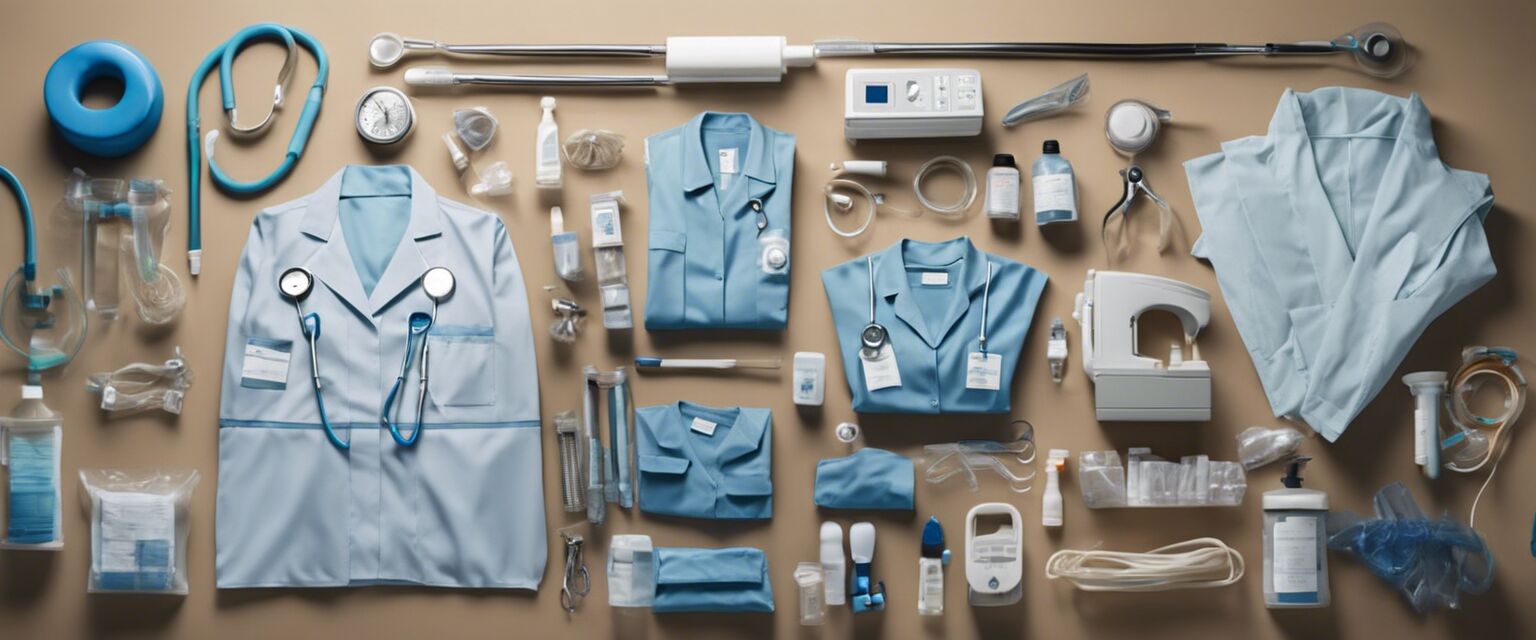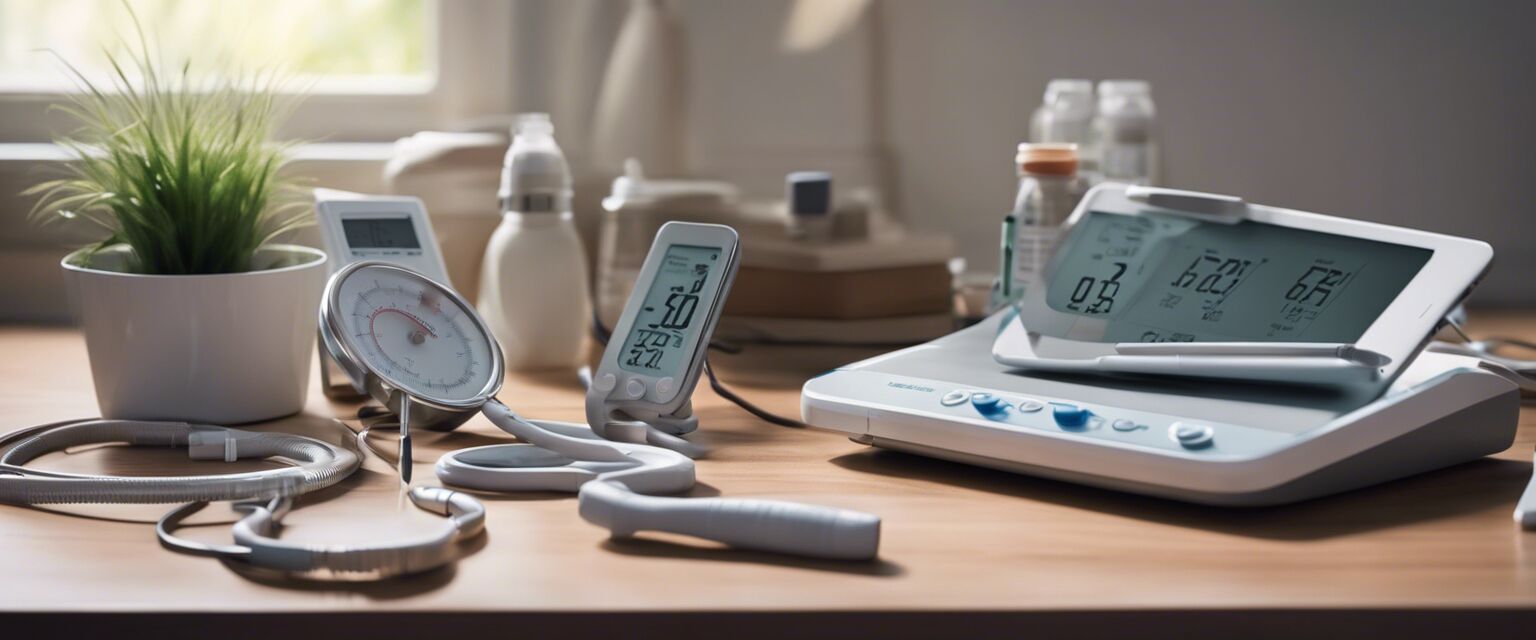
Evidence-Based Nursing
Welcome to our comprehensive guide on Evidence-Based Nursing, a critical practice that integrates the best available evidence with clinical expertise and patient values. This pillar page highlights best practices, resources, and tools to enhance your understanding and application of evidence-based nursing.
Key Takeaways
- Evidence-based nursing is a fusion of clinical expertise and the best available evidence.
- It involves using research findings to guide decisions in patient care.
- Resources such as clinical reference guides and nursing technology are essential for successful implementation.
Introduction to Evidence-Based Nursing
Evidence-Based Nursing (EBN) is an essential approach for all professional registered nurses and nursing students. It empowers nurses to make well-informed decisions that improve patient outcomes. By utilizing research findings, clinical expertise, and patient preferences, nurses can provide more effective care. This transformative practice not only enhances the quality of care but also supports the ongoing professional development of nursing staff.
The Importance of Evidence-Based Nursing
Understanding why EBN matters can enhance your practice and patient care. Here are key reasons:
- Improves patient outcomes through informed decision-making.
- Enables nurses to stay current with rapidly evolving medical knowledge.
- Encourages critical thinking and analytical skills.
- Enhances communication between healthcare professionals.
A Step-by-Step Approach to Implementing Evidence-Based Nursing
Implementing EBN in your practice involves a structured approach. Here's a simplified model:
- Ask: Formulate a clear clinical question based on patient needs.
- Acquire: Search for the best available evidence through research databases and clinical guidelines.
- Appraise: Critically evaluate the quality and relevance of the evidence you find.
- Apply: Integrate the evidence with your clinical expertise and patient preferences to make a decision.
- Assess: Evaluate the outcomes of your decision and seek feedback to improve future practice.
Resources for Evidence-Based Nursing
To help enhance your practice, explore these valuable resources:
| Resource Type | Description | Link |
|---|---|---|
| Clinical Reference Guides | Comprehensive guides for various nursing specialties. | Explore Guides |
| Nursing Technology | Technological tools that aid in evidence-based practice. | Discover Tech |
| Professional Development | Opportunities for continuing education and skills enhancement. | Learn More |
| Patient Care Essentials | Products that support daily nursing tasks. | View Essentials |
| Nursing Tools and Equipment | Essential tools used in clinical settings for optimal care. | Browse Tools |
Examples of Evidence-Based Practices
Here are a few examples illustrating the application of evidence-based practices in nursing:
- Using hand hygiene guidelines to prevent hospital-acquired infections.
- Integrating patient education into care plans based on recent studies.
- Implementing pain management protocols from current clinical research.
Overcoming Barriers to Evidence-Based Nursing
While EBN is extremely beneficial, certain barriers can hinder its implementation. Hereâs how to address them:
- Resistance to Change: Provide training sessions to demonstrate the value of EBN.
- Lack of Time: Incorporate EBN discussions into regular team meetings.
- Limited Access to Research: Utilize university and hospital libraries for resources.
Enhancing Your EBN Skills
Continuous professional development is essential in mastering evidence-based nursing. Here are some tips to advance your skills:
- Attend workshops focusing on critical appraisal techniques.
- Join online forums and discussion groups among nursing professionals.
- Read current nursing research articles and implement findings in practice.
Conclusion
Evidence-Based Nursing promotes high-quality care and empowers nurses to make informed decisions. By integrating clinical expertise with the best available evidence, nurses can improve health outcomes and enhance patient satisfaction. We hope this pillar page serves as a valuable resource for your evolving practice.
Pros
- Improves patient care quality.
- Promotes lifelong learning and adaptability.
- Enhances job satisfaction among nursing staff.
Cons
- Time-consuming to implement.
- May require additional training for staff.
- Access to resources can be limited.








